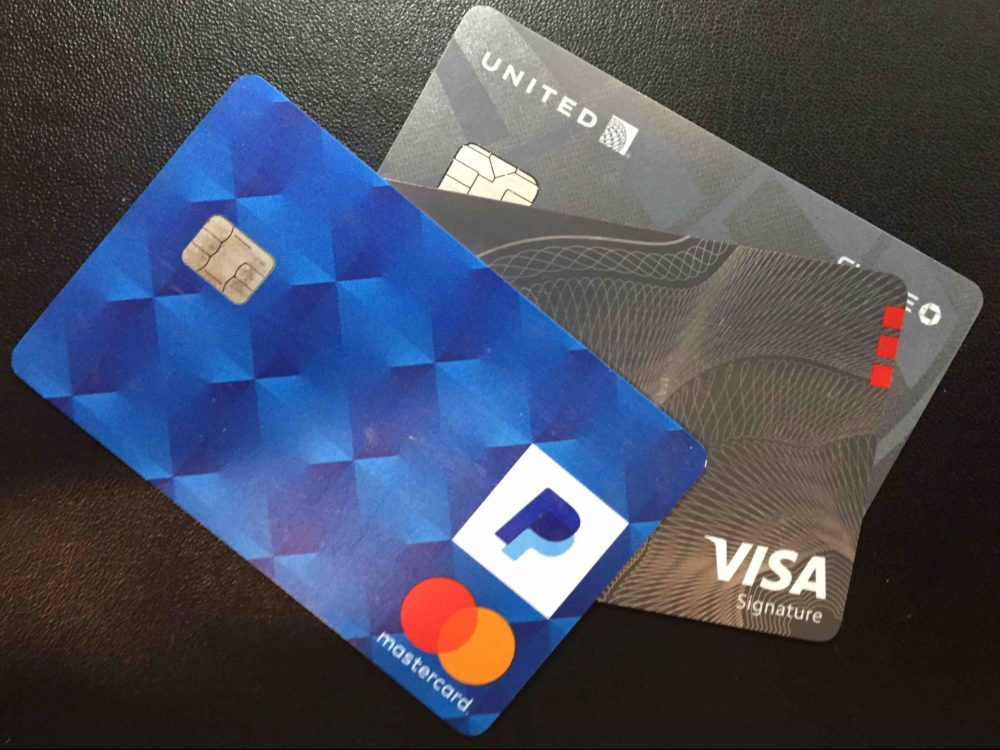
13 Sep Credit Freeze Law Makes Privacy Cheaper & Easier
Earlier I posted on the Equifax breach. We are now looking at the one year anniversary of that debacle. From it we learned that online scammers were able to access the full credit records of anyone by posing as legitimate customers of Equifax. Furthermore, we learned that Equifax did not take adequate measures to protect customer information.
The new law enabling people to protect their credit information will take effect on September 21st of this year. This legislation, https://www.congress.gov/bill/115th-congress/senate-bill/2155/text, makes it easy for consumers to freeze their credit information for free. Historically, credit companies charged a fee for this. There are also a host of credit monitoring companies that also do this for a fee. Now, consumers can do it themselves – for free.
What this law does is enable consumers, at no charge, to prevent third parties from accessing their credit information. In order to look at the credit report, the consumer will first need to “unthaw” their credit information to give permission to look at the information.
Private companies, as well as the credit bureaus, will continue to offer credit “locks” for a monthly fee of $20-$50. But these services simply do the same thing as a credit freeze. So, consumers will be in a position to save money as well as control their privacy.
Many experts advise parents to freeze their children’s credit as soon as they have a social security number. This will prevent online fraudsters from opening fake accounts in the child’s name – a practice that can go undetected for years since children don’t typically use credit cards.
Furthermore, anyone who has responsibility for security should be aware how important credit freezes are to protect privacy. It is shocking how easy it is to run a credit report on someone and obtain valuable, private information. There are many websites out there which will run a credit report from each of the three major credit bureaus for a modest fee.
The major credit bureaus aren’t much help in preventing ID theft and ensuring privacy. They will open accounts for anyone purporting to be a “landlord” and online scammers have no scruples about falsely posing as a “landlord.”
Here is a list of links to the three major credit bureaus as well as a few smaller ones.
https://www.freeze.equifax.com/Freeze/jsp/SFF_PersonalIDInfo.jsp
https://www.transunion.com/credit-freeze
https://www.experian.com/freeze/center.html
https://www.innovis.com/personal/securityFreeze
https://www.exchangeservicecenter.com/Freeze/jsp/SFF_PersonalIDInfo.jsp
